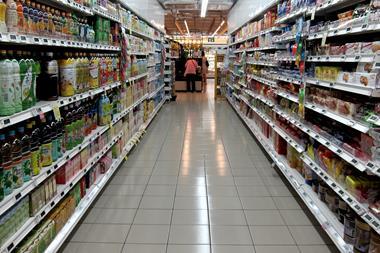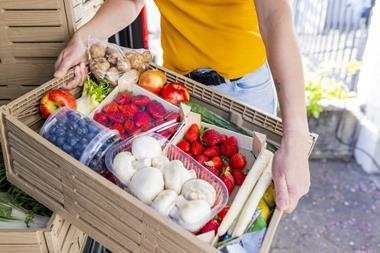Store makeovers make sense
2008-12-12T00:00:00
Meet the retailers and suppliers who are taking part in the latest version of C-Store's hugely successful store makeover project
ALREADY HAVE A REGISTERED USER ACCOUNT? PLEASE LOG IN HERE
To read the full story join the ConvenienceStore.co.uk community today!
Registration is quick and easy and provides access to:
- Unlimited ConvenienceStore.co.uk articles
- Our great range of newsletters
- Content you’ve saved for later via the ‘my library’ feature
And much more…
Related articles
-
-

Functional water: the category to watch in 2026
This content is provided by Rubicon
-

-

-

Unlocking the price-marked pack (PMP) opportunity
Paid for and content provided by Premier Foods
More from Advice
Unlimited Access + Newsletters
Register today to gain unlimited access to articles and to receive our great range of email newsletters.


























